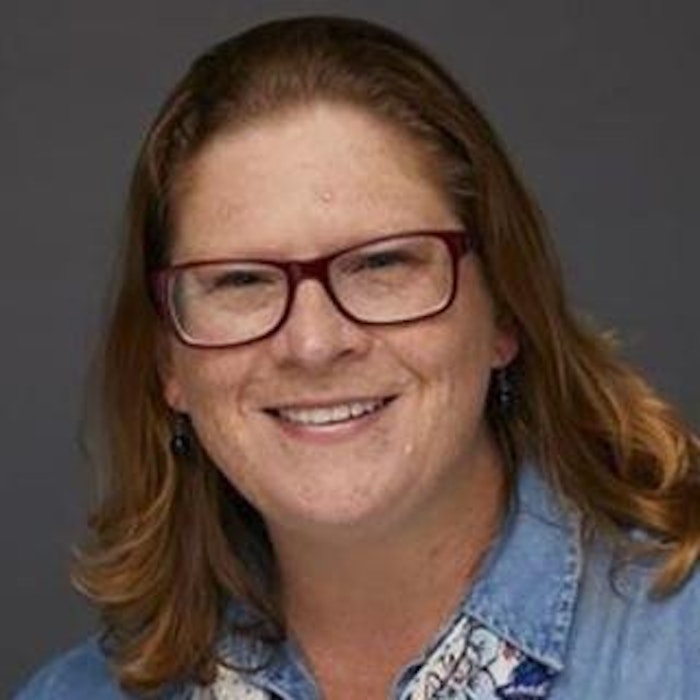Myrrh Caplan is the Senior Vice President of Sustainability for Skanska in the US. She has been working in sustainable construction and development for over two decades and now is engaged on multiple committees, roundtables, and boards that are influencing and leading the industry. Her work and that of her team includes ensuring projects are fully supported regarding certifications, carbon accounting, and other requirements, providing consulting to clients that are interested in defining organizational sustainability strategy, targeting certifications such as Living Building Challenge, Passive House, WELL, LEED and others, and managing internal initiatives and commitments found within Skanska's wide-range of sustainability-related action plans and priorities. Myrrh's focus is on regenerative, healthy outcomes for our organization, for communities, and for Skanska's clients.
Speaking at
Mission Priority
Tue Apr 09
4:00 PM — 5:00 PM (GMT-05:00) Eastern Time
New York Hilton Midtown - Level 2, Gramercy Suite
From Finger-Pointing to Handshakes: Reducing Embodied Carbon in Real Estate Developments
Over the lifetime of a building, embodied carbon from materials, transportation of materials, and building construction can account for half of a building's carbon emissions. Global building floor area is expected to double by 2060, which amounts to an incredible amount of upfront carbon emissions to address in the built environment.
The process, and responsibility, to do so spans multiple stakeholders: materials supply chain, structural engineers, architects, construction, and developers. No longer can excuses be made or fingers be pointed for not achieving reductions; there is an urgent need to address embodied carbon. Plus, as global momentum builds for climate action, federal, state, and local governments are introducing building-sector requirements covering both operational and embodied carbon.
This session will provide perspectives from a general contractor, a structural engineer, and a developer who have successfully reduced embodied carbon in new developments. Panelists will walk the audience through embodied carbon reductions from predesign through development, building occupancy, and deconstruction, all of which encompass a vital part of the industry's journey to net zero.






